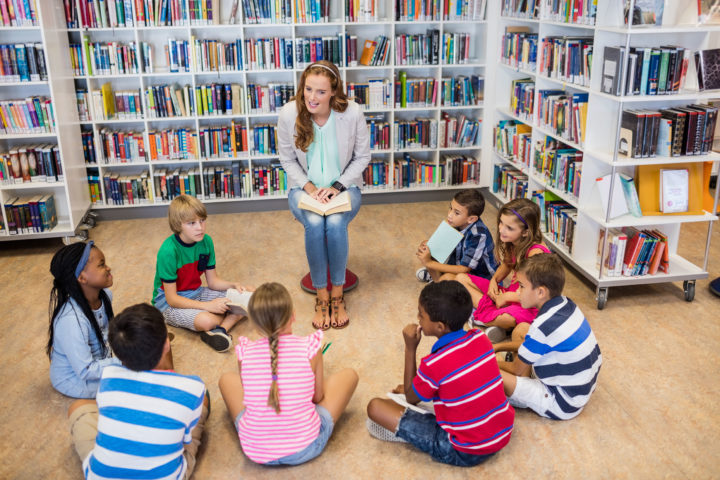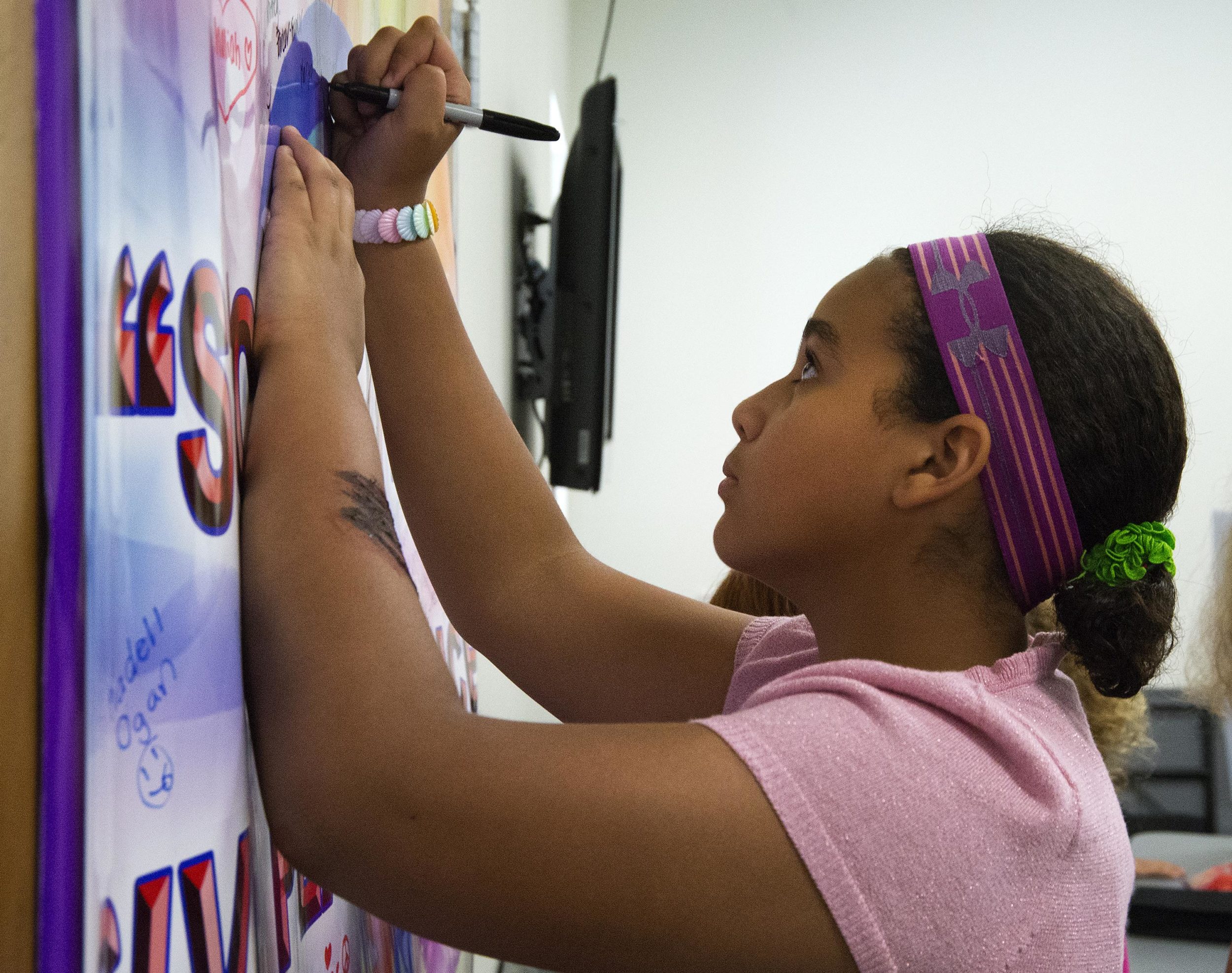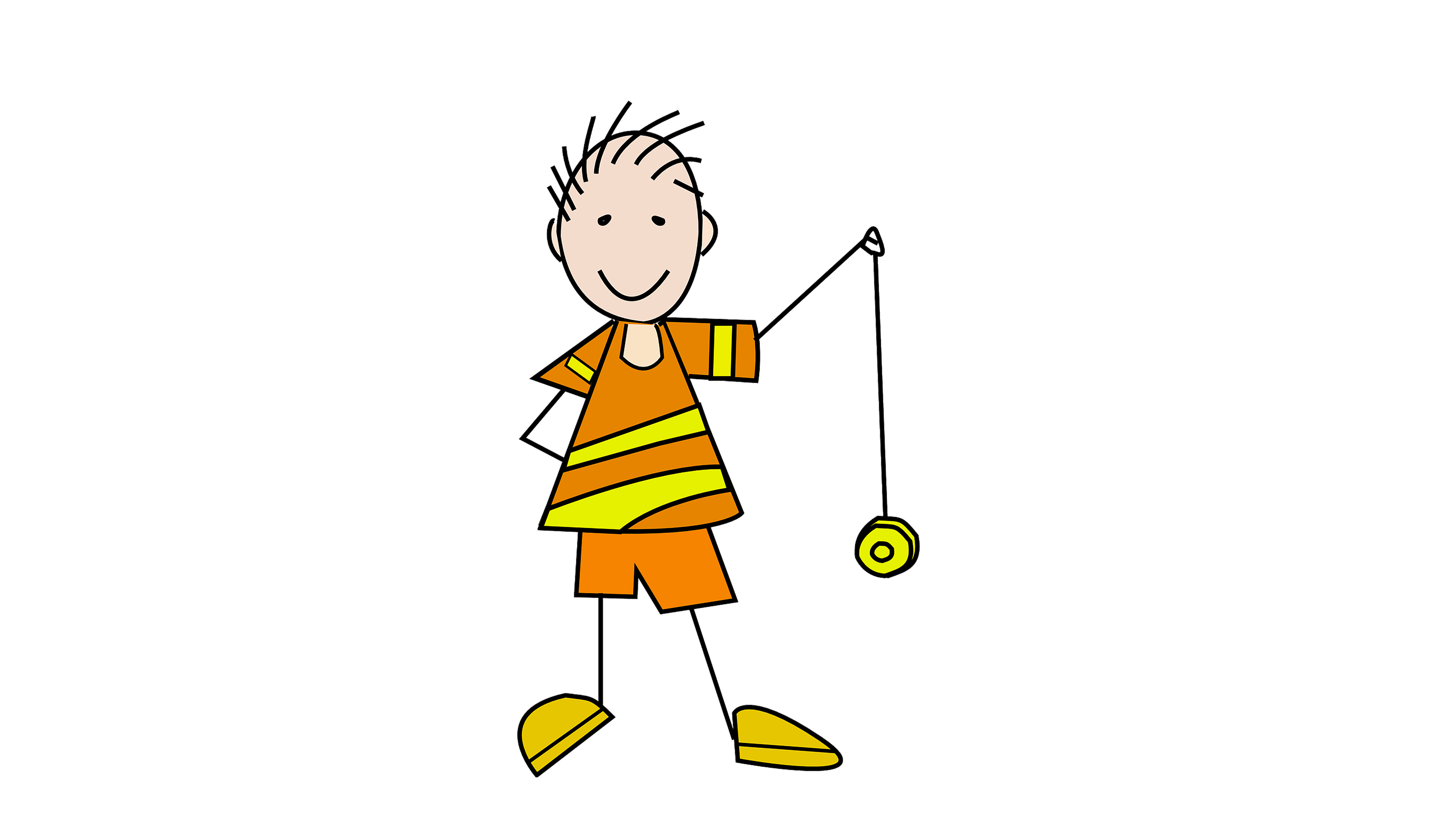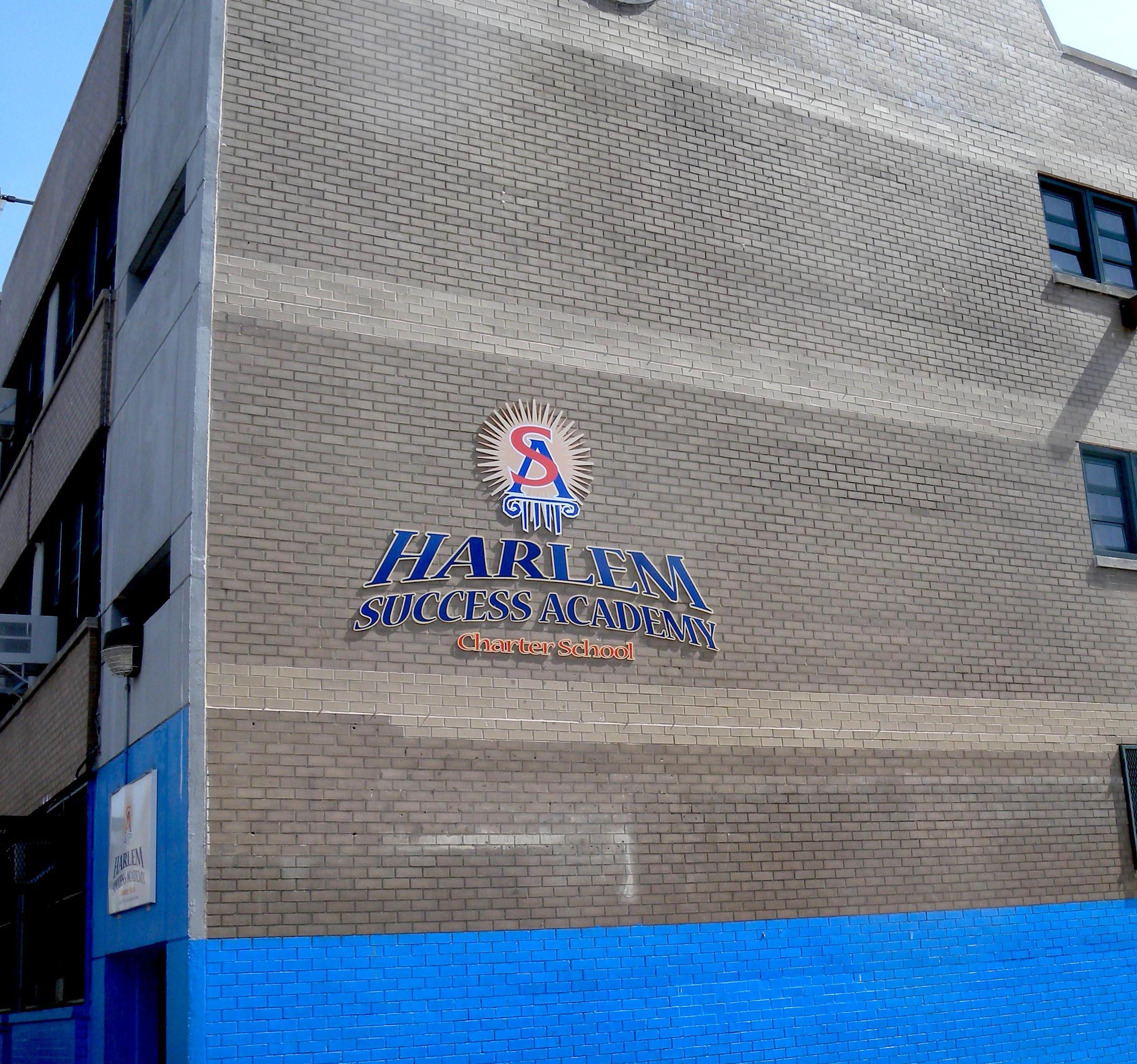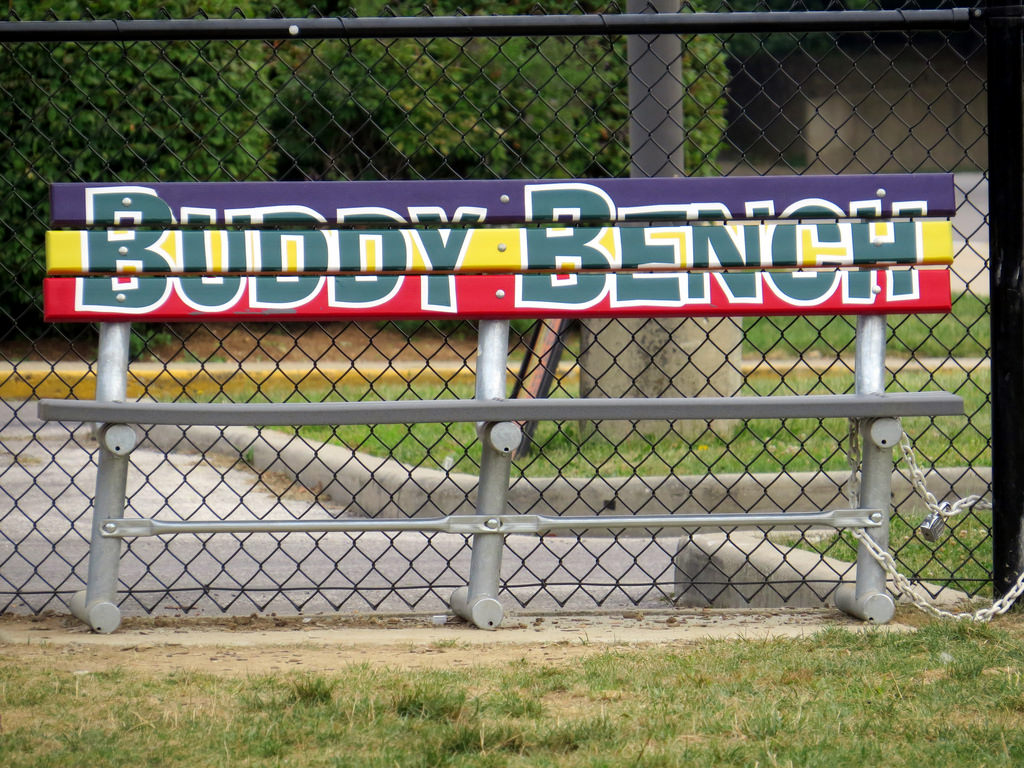Highlights magazine recently released its “The State of the Kid 2017” report, which focuses on “caring, compassion and empathy in the next generation.”
This year’s theme for the annual survey is kindness, and Highlights asked over 2,000 boys and girls ages 6–12 from all over the country about their perception of the world today.
When posed with the question, “What do you think is most important to your parents, that you’re happy, do well in school, or are kind?” the response was eye-opening.
Forty-four percent of students said their parents most want them to be happy, and 33 percent said doing well in school was the top priority. Only 23 percent pointed to being kind.
The results prompted Harvard University’s Making Caring Common Project to weigh in on the situation, to spotlight the apparent disconnect between what students perceive and what parents say they want, and to offer advice for parents looking to raise compassionate kids.
The Making Caring Common initiative pointed to the “Culture of American Families” report by the Institute of Advanced Studies in Culture at the University of Virginia. The study documented parents’ explicit commitment to moral character.
“The overwhelming majority of American parents (96 percent) say ‘strong moral character’ is very important, if not essential to their children’s future,” according to the Institute report.
The Highlights survey, as well as a 2014 survey of kids by the Making Caring Common Project, both illustrate a persistent “rhetoric/reality gap” that’s distorting the message to students. Much like the State of the Kid report, the 2014 survey found 81 percent of students believed their parents prioritize happiness or achievement over kindness.
From the Making Caring Common Project:
Why does this “rhetoric/reality gap” matter? When parents’ daily messages about achievement and happiness drown out their messages about concern for others, children tend not to prioritize caring and fairness in relation to their self-concerns. They’re more likely to be preoccupied with their own needs than others’ needs. When caring is not a priority, there is also a lower bar for many forms of harmful behavior, including cruelty, disrespect, dishonesty, and cheating. Not only that, the focus on happiness, and the focus on achievement in many affluent communities, doesn’t appear to increase either children’s achievement or their happiness.
The State of the Kid report shows the “rhetoric/reality gap” likely stems at least in part from the example parents set for their children. Many students told Highlights they’ve witnessed their parents or other adults acting unkindly or saying mean things, most commonly while in the car, on the phone, or watching television.
Nearly half of students said the experience made them uncomfortable, while a total of 93% reported some sort of negative reaction to adults behaving badly.
The gap between what parents want for their children, and what children perceive in practice, should serve as a call to change.
The Making Caring Common Project offers parenting tips to help focus on kindness. Teachers can share the advice with families at parent-teacher conferences structured to discuss character formation first, ahead of academic performance.
Parents and educators can also use the Project’s quiz “Are You Teaching Your Child to Be a Good Person?”

